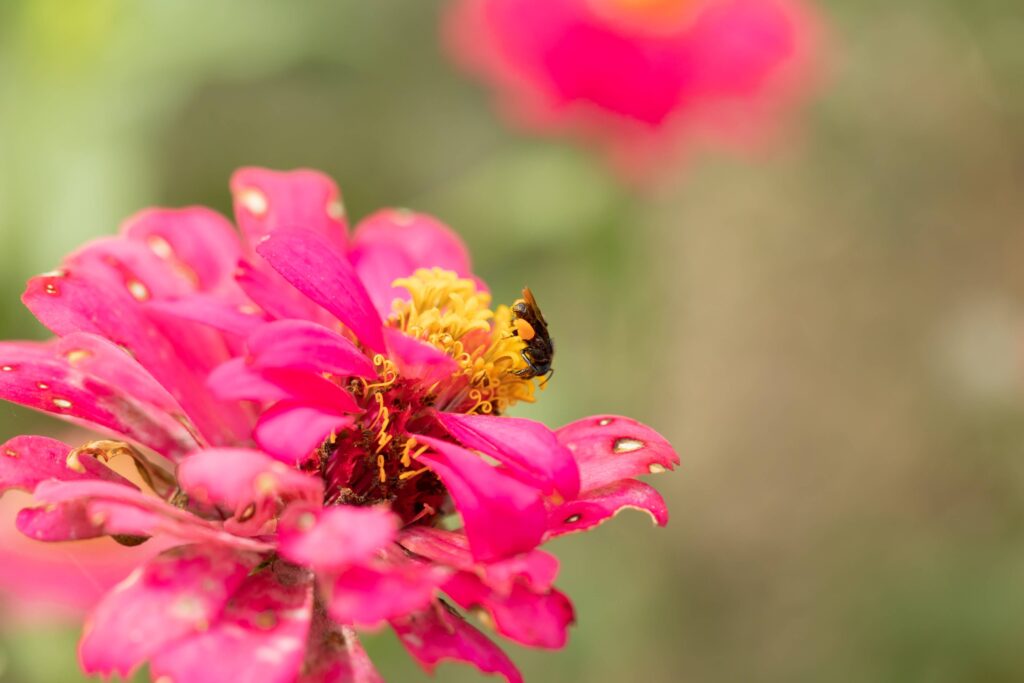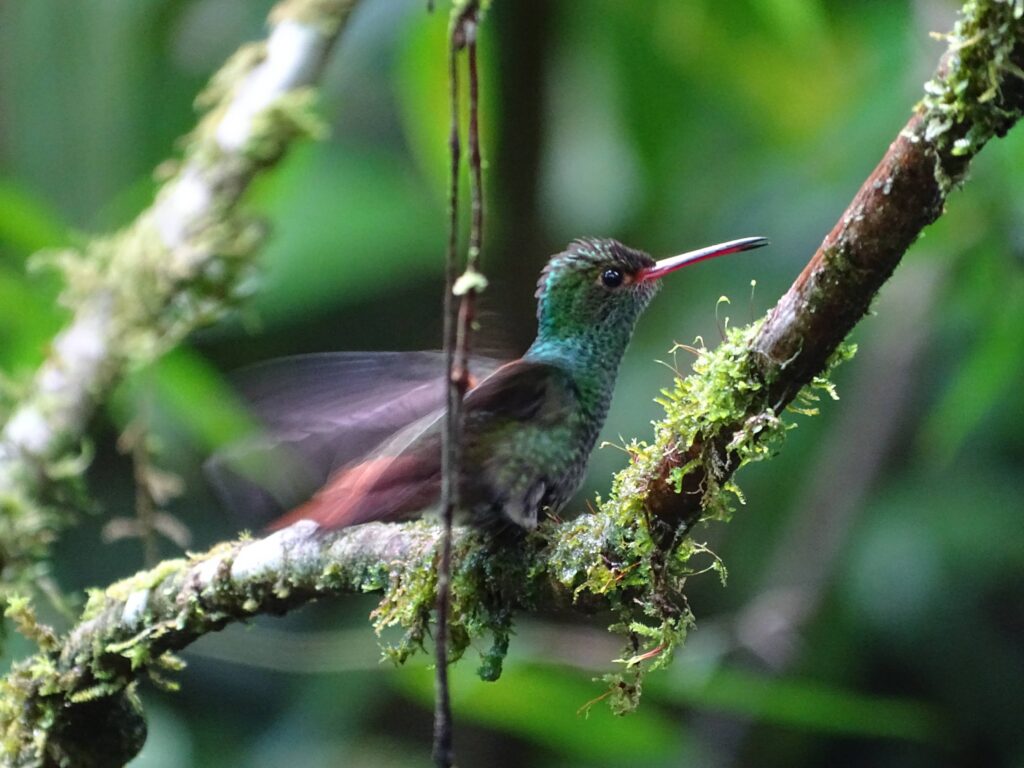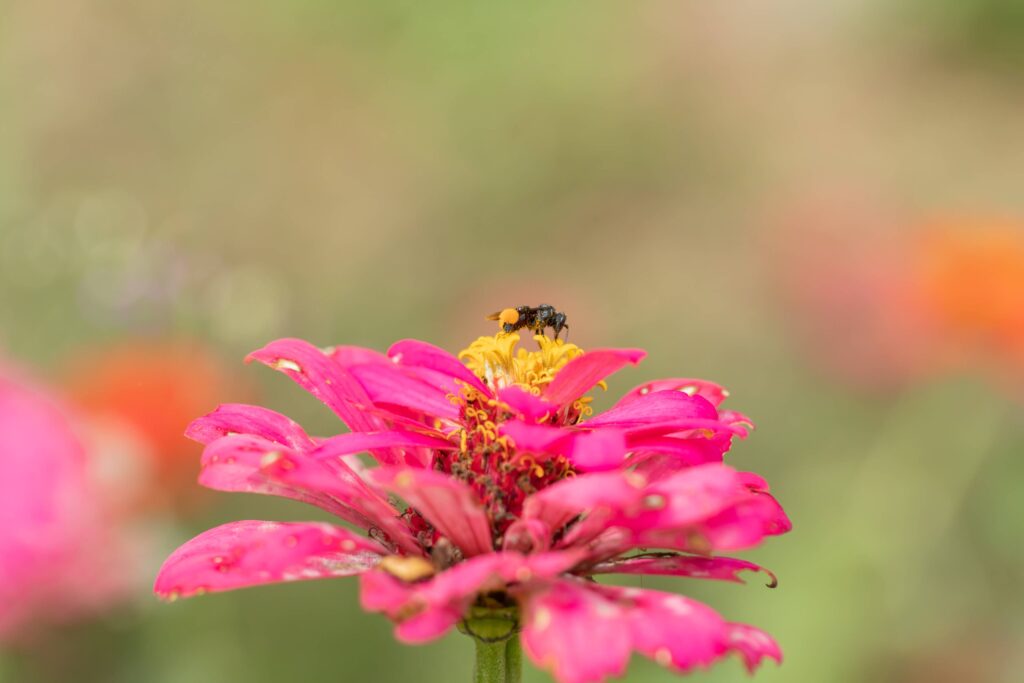News
World Bee Day, key insects for human survival

A small bee carrying pollen from one flower to another is fundamental for the human being to continue existing on planet Earth, why? Because, as the United Nations (UN) reports: Pollination is a fundamental process for the survival of ecosystems as essential for the production and reproduction of many wild crops and plants. Nearly 90 percent of flowering plants rely on pollination to reproduce; likewise, 75 per cent of the world’s food crops depend to some extent on pollination and 35 per cent on the world’s agricultural land.
Enrique Castillo, Head of Biodiversity at MLR Forestal, explains the pollination process as follows: “Bees collect nectar and pollen from plants. Pollen grains are found in the anthers of flowers which is where their male structure is. For sexual reproduction pollen has to reach the stigma that is the part of the female structure of the flower. When the pollen reaches the ‘ovaries’ of the flower, the fruit develops with seed that, when germinated, originates other plants.”

“Through pollen, plants also produce proteins and fats and their glands generate nectar that contain sugar, which is what bees feed on. These, on the other hand, have a villi in which they carry the pollen grains to carry out the cross-pollination that I mentioned earlier,” says Castillo.
“Bees play an important role in forest regeneration”
The specialist also states that bees play an important role in the regeneration of the forest. “Because trees, to propagate, must produce seeds, preferably with greater genetic variability, then in the absence of pollinators, fruit and seed production is very low and seed variability is limited. The more bees, the greater the genetic variability in forests and a stronger ecosystem.”
In the conservation areas of MLR Forestal in Siuna it is common to see bees going back and forth among wild flowers, for this reason Castillo highlights the importance of not replacing wild, local plants with other plants and increasing their existence so that bees have food availability.
The Food and Agriculture Organization of the United Nations (FAO) on its website explains that the annual celebration of World Bee Day raises awareness of the essential role that bees and other pollinators play in maintaining the health of people and the planet, as well as the many challenges they face today. This celebration has taken place since 2018, thanks to the efforts of the Government of Slovenia with the support of Apimondia, which led to the resolution of the United Nations General Assembly declaring May 20 World Bee Day.

The date chosen to celebrate World Bee Day is the birth of Anton Janša, a pioneer of modern beekeeping belonging to a family of beekeepers from Slovenia, where beekeeping is an important agricultural activity with a long tradition.
Share




